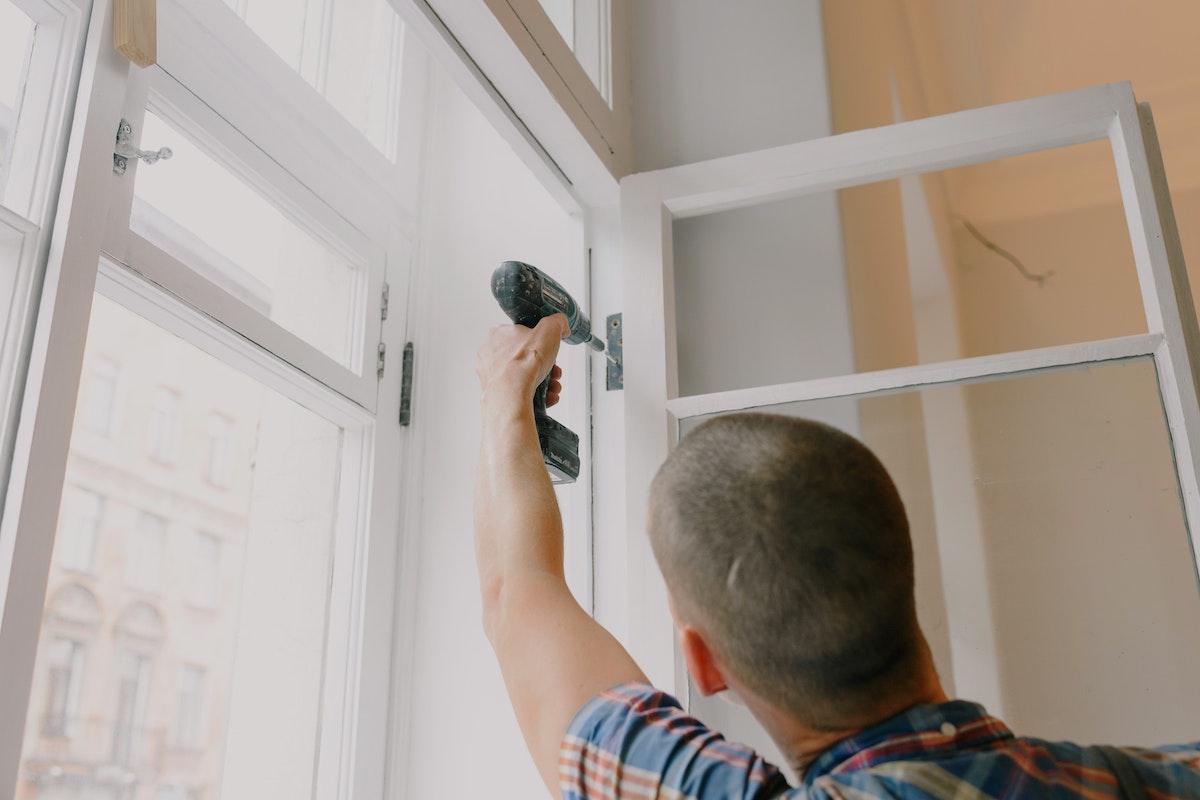In the grand scheme of managing a property—be it a private home, a business facility, or a rental property—overlooking the importance of a plumbing inspection is surprisingly common. Many consider it as an unnecessary expense or a task reserved for experts. However, a well-maintained plumbing system is the lifeblood of any property, ensuring clean water supply, functional bathrooms, and a damp-free environment. This piece takes a closer look at plumbing inspections within the context of home services and outlines their crucial importance for various stakeholders.
Understanding Plumbing Inspections: What, Why, and When?
A plumbing inspection involves a detailed review and examination of a property’s plumbing system by a professional plumber or a qualified inspector. It covers everything from the visible parts like faucets and showers to hidden elements such as pipes and drains. But what prompts the need for such an inspection?
Firstly, a plumbing inspection is key to identifying potential problems before they escalate. Small leaks can turn into major issues if left unnoticed, causing structural damage, mold growth, or high water bills. Secondly, plumbing inspections are vital for preventive maintenance. By ensuring the system’s smooth operation, it extends its lifespan and reduces the likelihood of costly future repairs. Lastly, if you’re planning to buy a property or have recently moved into one, a plumbing inspection can provide you with a clear understanding of the state of the plumbing system and prevent unpleasant surprises down the line. As for the frequency, it depends on the property’s age and its history of plumbing issues, but an annual check-up is generally a good rule of thumb.
The Role of Plumbing Inspections for Homeowners, Business Owners, and Property Managers
For homeowners, plumbing inspections offer peace of mind by ensuring their homes are safe, healthy, and free of potential plumbing disasters. Business owners can avoid interruptions in their operations due to sudden plumbing issues, which could affect productivity or, worse, drive customers away. For property managers, regular plumbing inspections are a tool to protect their investment and keep tenants happy by preventing serious issues from happening.
Plumbing Inspections for Real Estate Agents: What to Look for?
Real estate agents have a crucial role in advising their clients about the value of a property, and a sound plumbing system can significantly impact this value. A plumbing inspection can reveal issues such as poor water pressure, leaks, outdated pipes, or faulty water heaters, which can be bargaining points during property negotiations. Moreover, a house with a well-maintained plumbing system can command a higher price, making it an attractive proposition for potential buyers.
Plumbing Inspections for DIY Enthusiasts: Basics and Tips
If you’re a DIY enthusiast, it’s important to familiarize yourself with your property’s plumbing system. While major inspections should be left to professionals, you can regularly check for visible signs of trouble like leaks, water stains, or corrosion on pipes. Safety should always come first when doing DIY plumbing checks—never attempt to fix issues that are beyond your skill level and always shut off the water supply when working with pipes.

The Plumbing Inspection Process: A Detailed Look
A professional plumbing inspection is a thorough process that starts with a visual examination of all accessible plumbing components. This includes checking faucets, showers, toilets, pipes, and drains for any leaks or damages. The inspector may also use modern tools like video cameras to inspect the interior of pipes, especially those hidden behind walls or underground. Following the inspection, you’ll receive a detailed report outlining the findings and recommended actions.
The Cost of Plumbing Inspections: What to Expect?
The cost of a plumbing inspection varies depending on the property’s size, its location, and the complexity of the plumbing system. On average, you can expect to pay between $150 and $600 for a professional plumbing inspection. However, the potential cost savings from identifying and fixing issues early on can far outweigh the inspection cost.
FAQS: Addressing Common Concerns about Plumbing Inspections
- What happens if issues are detected during the inspection? If the inspection reveals any issues, the inspector will recommend the best course of action, which could range from a simple repair to a complete plumbing system overhaul.
- How long does a plumbing inspection take? A typical inspection takes between two to four hours, but it may take longer for larger properties or if serious issues are identified.
- Can I conduct an inspection myself? While homeowners can conduct basic visual checks, a comprehensive plumbing inspection should be done by a professional due to the complexity of most plumbing systems and the potential risks associated with DIY inspections.
Conclusion: The Importance of Regular Plumbing Inspections
In conclusion, plumbing inspections are an essential aspect of property management that shouldn’t be overlooked. By catching potential issues early, they save money, ensure the longevity of your plumbing system, and guarantee a safe and comfortable living or working environment. Regardless of whether you’re a homeowner, a business owner, a real estate agent, or a DIY enthusiast, understanding the importance of plumbing inspections can go a long way in maintaining the value and functionality of any property.
Impact of Technology on Plumbing Inspections
With the advent of technology, plumbing inspections have become more efficient and less invasive. Tools like video cameras and infrared thermometers allow inspectors to look into pipes and detect issues without having to dig or drill. Digital reporting has made inspection reports more accessible and easier to understand, enhancing communication between inspectors and clients.
While technology can aid in inspections, nothing replaces the skills, knowledge, and experience of a professional plumber or inspector. Therefore, always ensure you’re working with a qualified professional for your plumbing inspection needs.

